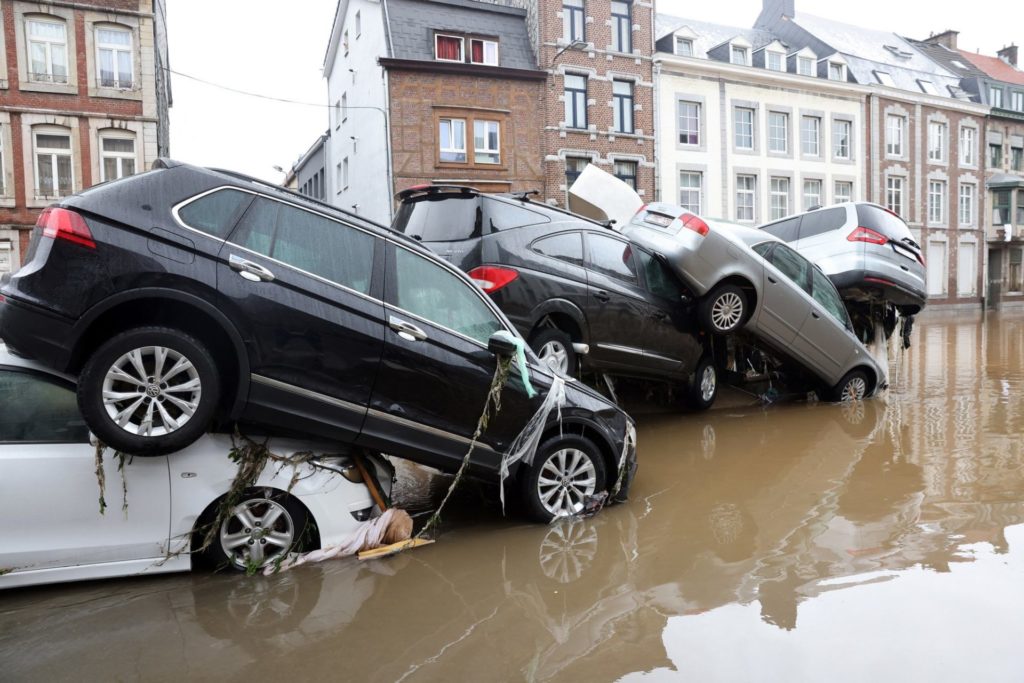The heavy flooding of the last two days has had an effect on the water distribution networks in Wallonia, resulting in several municipalities being left without drinkable tap water.
In networks affected by dirty or turbid water as a result of flooding, tap water cannot be used for food purposes, even if boiled, according to a press release from Société Wallonne des Eaux (SWDE), the region's main company for the production and distribution of drinking water.
"This phenomenon is on a totally unusual scale, as floods cause torrents of water to rush into certain water catchments and alter the quality of the raw water," the release read.
Related News
- Friday's Consultative Committee postponed due to bad weather
- Severe rainfall: Belgium's death toll rises to six
- 'Leave if you can': Mayor of Liège seeks to evacuate city
Although the company's field teams have been trying to fix the issue and to implement alternative solutions that ensure continuity of distribution, this was not possible in all municipalities.
"We recommend that it be used only for sanitary purposes, such as flushing the toilet, and for personal hygiene if the water is slightly turbid," the company warned.
The municipalities most affected by this issue are in the provinces of Liège and Namur. In certain places, people will be experiencing partial water shortages but the quality of their tap water should not be affected.
According to the SWDE, the situation will not be restored within the next 48 hours.
In Flanders, the drinking water networks have not yet been affected, however, Watergroep Vlaanderen, which is in charge of the region's water production and distribution, is monitoring the situation, the company's spokesperson told The Brussels Times.

